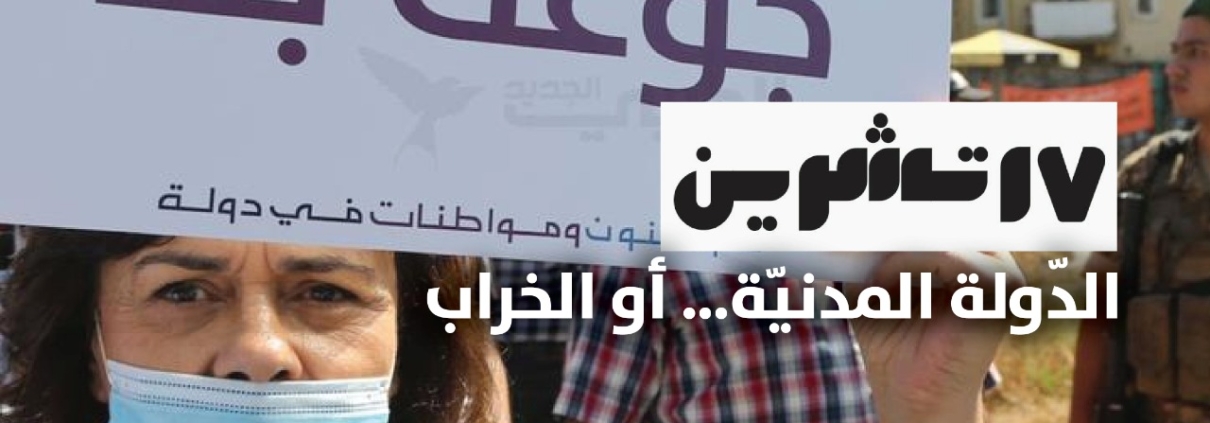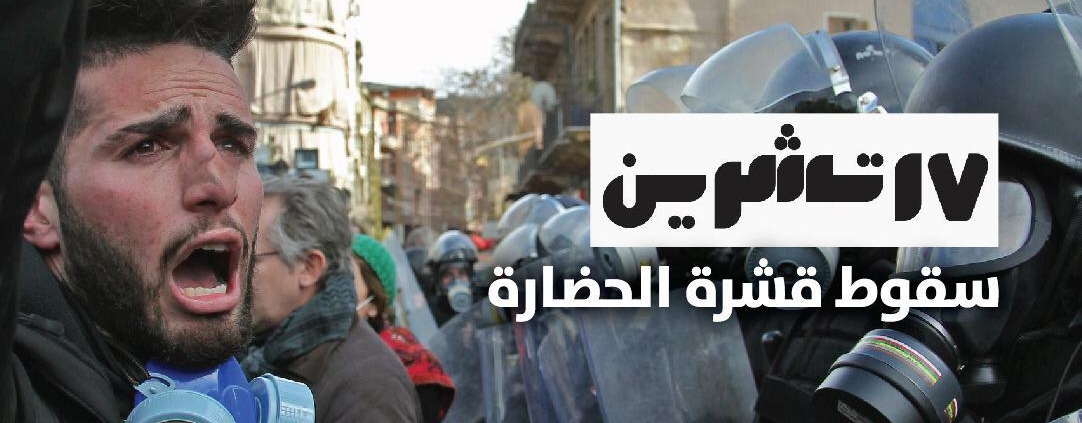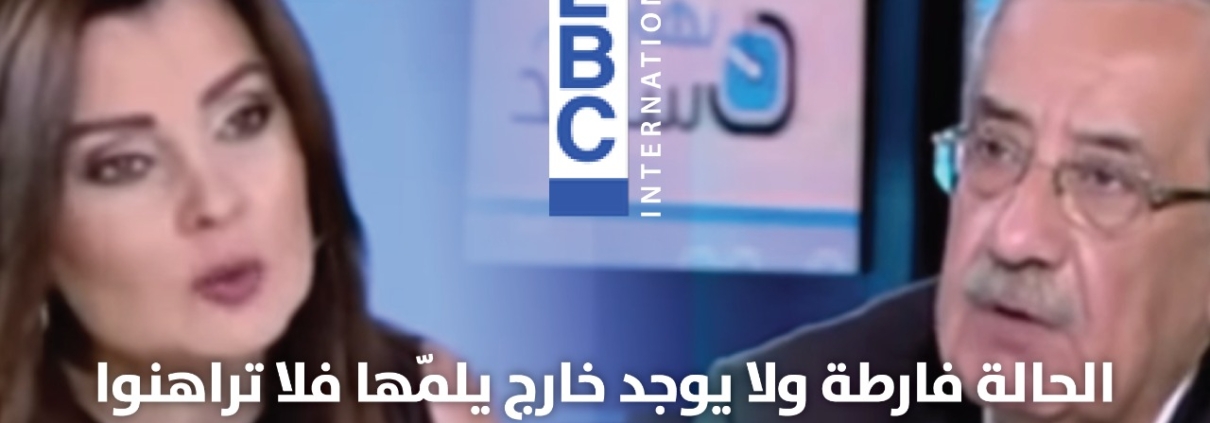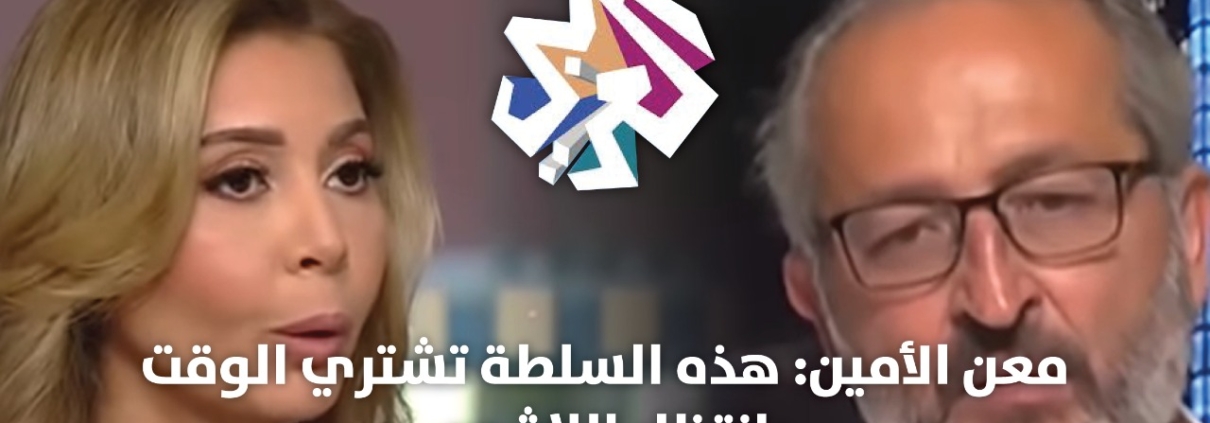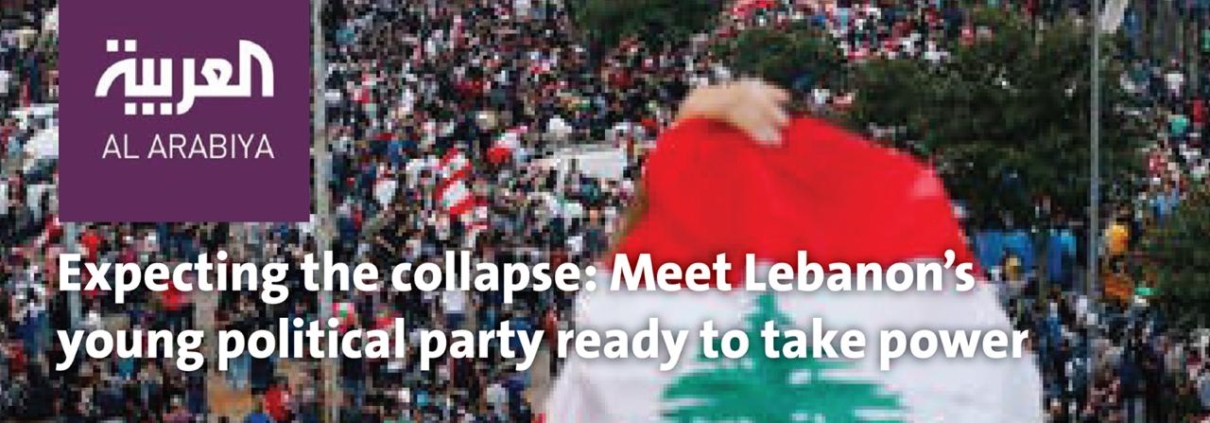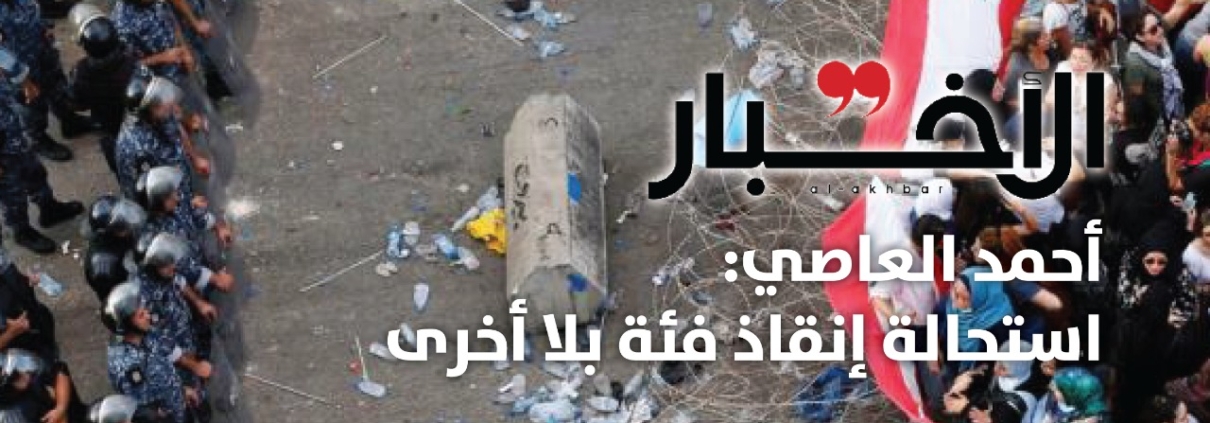أثبت نظام التوافق الطائفي، على أشكاله، انّه ينتج سلماً ركيكاً ومؤقتاً وحرباً دائمة ومتنوّعة الأشكال. وحتى في سلمه، يأتي بكلفة اقتصادية واجتماعية باهظة.
بدأ المجتمع بالتّفكّك، وانكمش الاقتصاد من غير رجعةٍ إلى نموٍّ زائفٍ. سقوط من غير رجعة.
من حقّنا أن نحزن على هذا السّقوط المأساويّ لمجتمعنا واقتصادنا. لا عيب في حزننا على الإنسان في هذا البلد، كلّ من خُلق فيه ومن علِق فيه.
Our society is su ocating and we need to intervene collectively and immediately.
But the exodus also deprived the country of its most-qualified professionals, something Mr Nahas feared would happen again now as employment opportunities disappeared. “This would mean maybe for 40 [or] 50 years a dramatic change in the structure of the society,” said Mr Nahas. “This is much more severe and persistent than accounting losses.”
Catching up with him a year and a half later, he corrects me. His party Mouwatinoun wa Mouwatinat fi Dawla (Citizens in a State) aren’t waiting for Lebanon to collapse – they are expecting it.
He said “waiting” seemed passive.
“Only in moments of crisis, political or economic, can you change the power structure,” he told me during our meeting in Beirut in 2019.
I remember nodding politely, perhaps in my own naivety as a fresh journalist only in her first few months working in Beirut, with a shallow understanding of the depth of the country’s problems or the fragility of the political bedrock.
على العمال والمواطنين والمقيمين بشكل عام أن يستندوا في مقاربتهم لواقعهم الجديد إلى مقدّمتين اثنتين؛ أولاهما أن مجموع موجودات المجتمع اللبناني من الدولارات الفعلية لن يتغيّر على المدى القريب، وهو لا يكفي نصف الاستهلاك السنوي المعتاد في لبنان. ثانيتهما الترجمة الفعلية للأولى، ولا غنى عنها عند البحث عن كيفية الاستمرار ضمن هذه الظروف، وهي أن المدّخرات والودائع في النظام المصرفي اللبناني راكمت خسائر تفوق 70% من قيمتها في خدمة تثبيت سعر الصرف وتمويل الاستهلاك العام والخاص على مدى ثلاثين عاماً. بعد التسليم بهذين المعطيين وتالياً إدراك حجم الهوّة بين شكل مستقبلنا وشكل ماضينا القريب ومنظومته، على مجتمعنا اختيار كيفية إدارة أزمته والأولويات التي بالوصول إليها يكون للتضحيات القادمة معنى.
في الأسبوع الأوّل من نيسان الماضي، سُرّبت نسخة أوّلية عما يسمّى بـ”خطة التعافي المالي” التي صاغتها حكومة حسّان دياب. أتى هذا “التسريب” عن سابق تصوّر وتصميم، إذ كانت الحكومة، المُحاصرة بالتقاتل الداخلي، تسعى لاختبار ردّة فعل الرأي العام قبل اعتماد أي تدابير.

